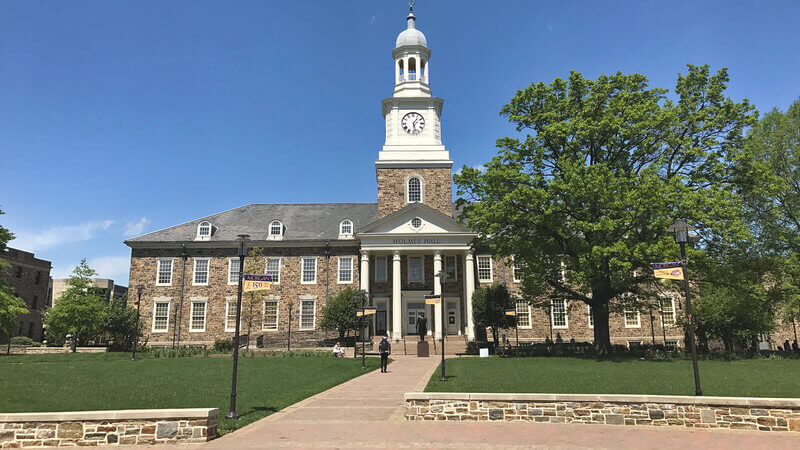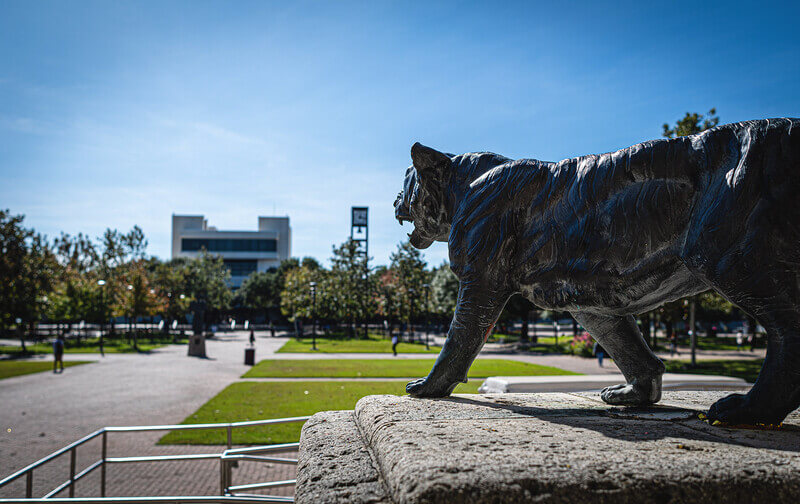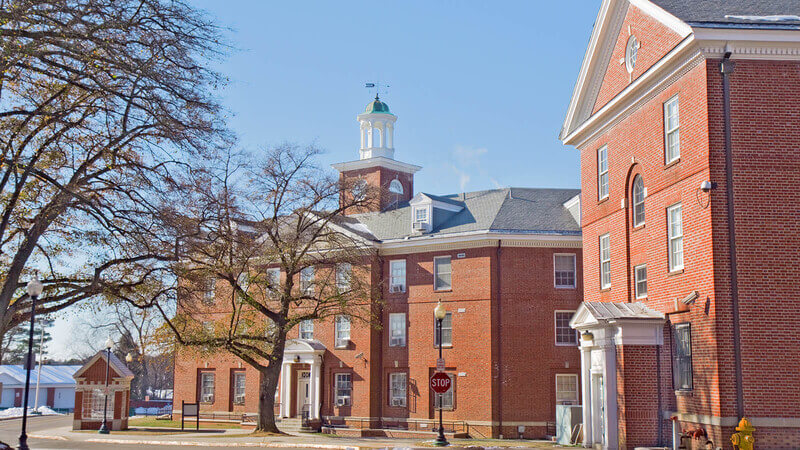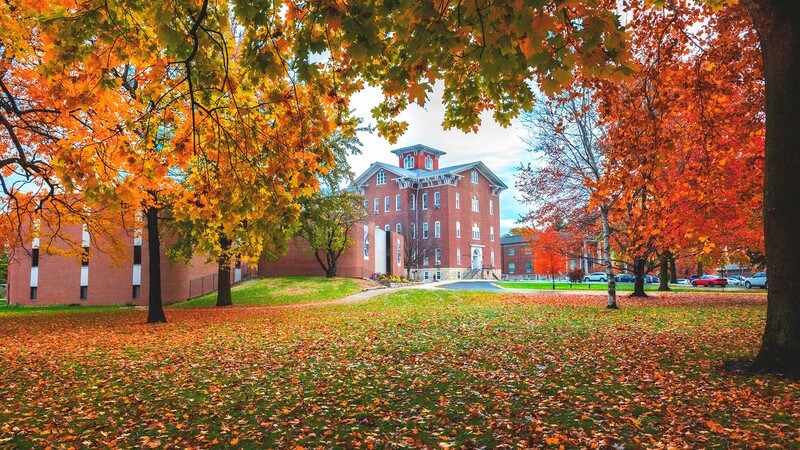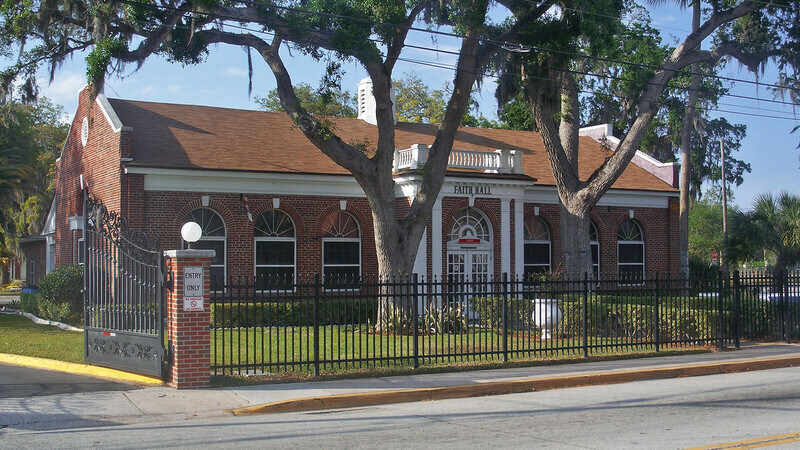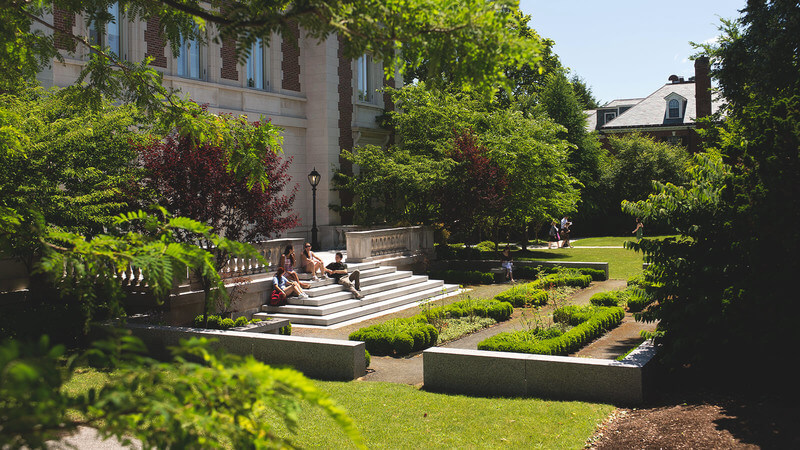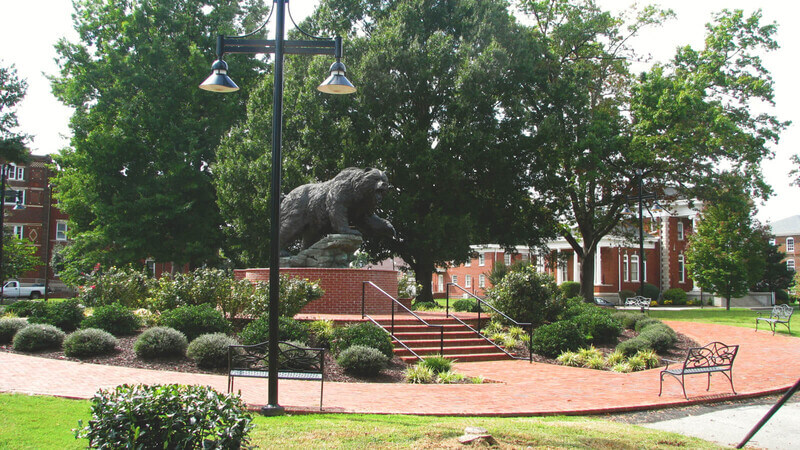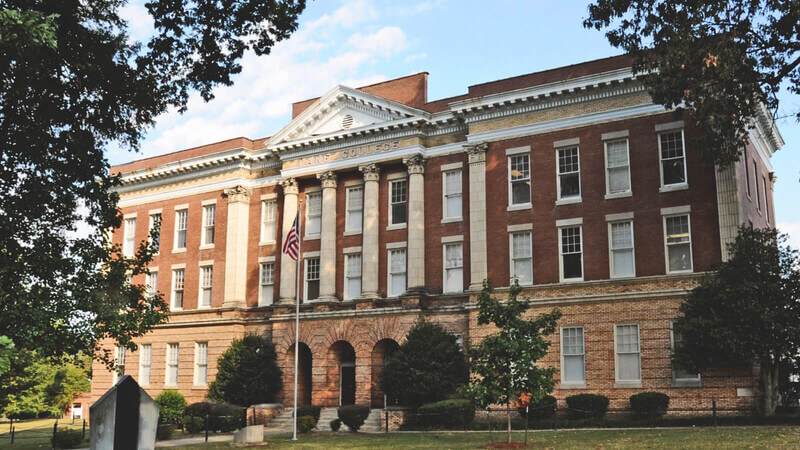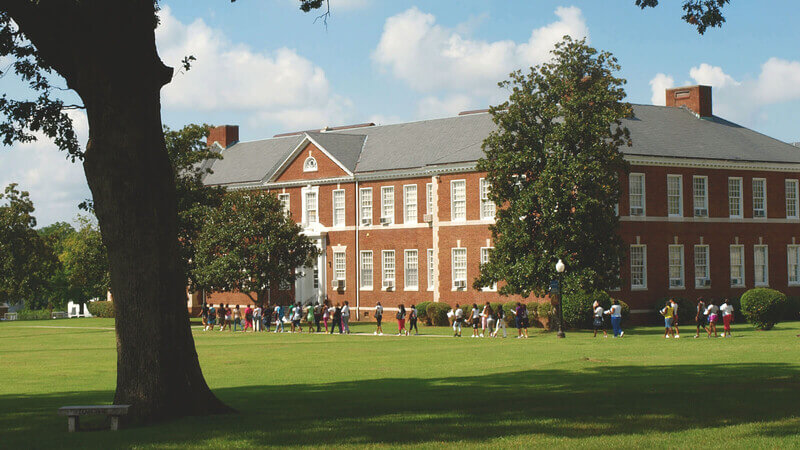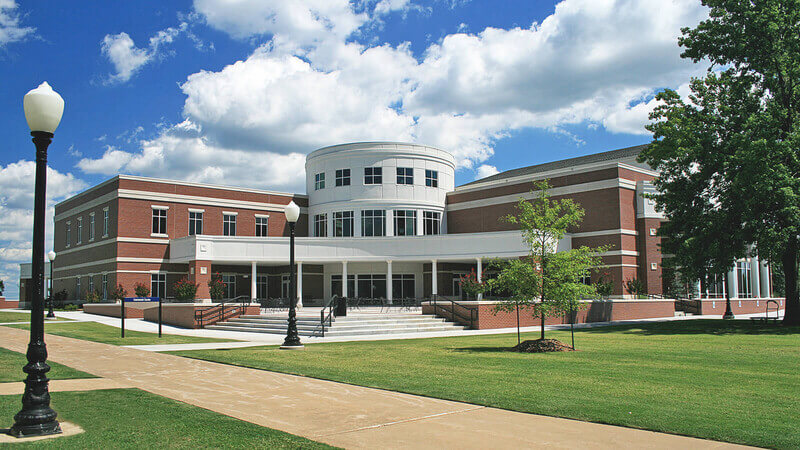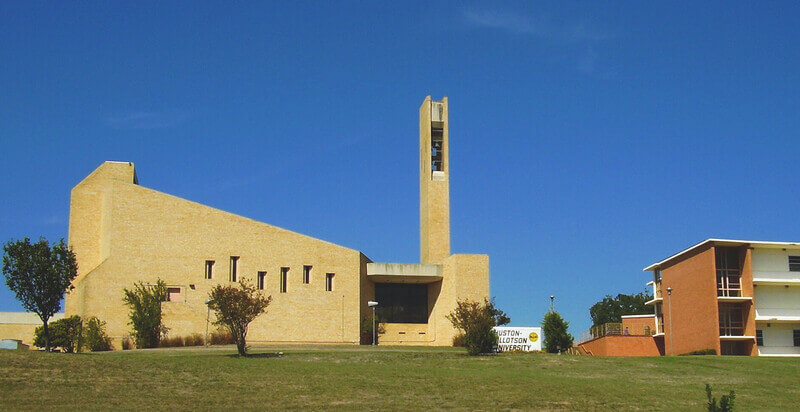850 SAT Colleges
The SAT is a standardized test utilized by many colleges during the admissions process to compare your academic proficiency with that of other high school students throughout the nation. The scoring scale begins at 400 and the top score is 1600, with the average result among the upwards of 3 million students who take the exam every year clocking in between 1000-1100. A score of 850 falls below the national average and indicates that a large number of questions were answered incorrectly.
Is An 850 SAT Score (15th Percentile) Good?
A score of 850 ranks approximately in the 15th percentile of test takers nationwide. Upwards of 2 million students take the SAT every year and the average student earns between a 1000 and 1100 every year. The SAT is designed for the average score to be about the 1000 mark.
When we talk about percentages, it’s easy to start there. If the average score of all test takers in 1050, then a 1050 is at the 50% percentile. This means that students with a 1050 did better than half, or 50%, of all other test takers. Earning an 850 means you did better than 15% of all other test takers.
With an 850, you’ll be eligible to apply to a small number of colleges, but most schools will require a higher score in order to consider your application. Since the primary goals of taking the SAT are to earn merit aid and make yourself a competitive candidate at as many schools as possible, a score of 850 doesn’t accomplish that.
What Colleges Can I Get Into with an SAT Score of 850?
There are a small number of colleges that will consider an application with an SAT score of 850 and we’ve assembled a list of them below. Remember that your standardized test score is only one component of the admissions process, but these schools have demonstrated a history of admitting students with an 850.
Should I Retake the SAT with an 850 Score?
Yes, it would be in your best interest to retake the SAT to open up more college options. Even earning a score of 900 or 950 would open up your college options, and earning those scores would only mean you need to answer 4 or 8 more questions (respectively), and that’s doable, yeah?
If you’re a junior, there’s plenty of time to sign up for another test date with study time to spare. The first step is to analyze the breakdown of your test results and determine if you’re having particular trouble in a specific area or two, or if you need to review all subjects in general. Take a few practice tests using a book of sample SATs or download a practice exam. Use a timer on your phone to simulate the time limits for each section, keeping track of all questions that prove to be difficult so you know where to devote the most study time.
Another option to consider is taking an SAT prep class offered by your high school or a third party. If it’s affordable, consider hiring an SAT tutor, as well. They’ll be able to provide guidance on practice exams and give feedback based on the results. Utilize these lessons to practice test taking strategies such as skimming SAT reading sections and making educated guesses. There are also several online SAT study platforms to choose from.
Depending on where you are in your senior year, there might not be enough time to retake the SAT before submitting college applications, but that doesn’t mean there aren’t options. Apply to colleges that accept an 850 SAT score and also take a look at institutions that are test optional, which means that they don’t require standardized testing scores at all. You can also consider applying to a 2-year or community college, which typically practice open enrollment.
850 SAT to ACT Equivalent
An 850 SAT score is equivalent to a 15 on the ACT. However, the tests are different in a few key ways, including in time limits, tool usage, and even content, so you may be able to earn different scores on each test. That said, if the SAT doesn’t seem to be working for your test taking style, it may be worth it to investigate the ACT by taking a practice ACT.
Scholarships for a 850 SAT Score
To earn scholarships for merit aid, you’d likely need a higher SAT score to qualify. There are scholarships for much more than just merit accomplishments, though! Search for ones based on things you’re interested in, your extracurriculars, and your family circumstances. Use our extensive scholarship database to search for scholarships to apply for so you can earn money to offset the cost of college tuition!
Frequently Asked Questions
Is 850 a good SAT score?
Determining “good” and “not-so-good,” when it comes to standardized test scores and GPA has more to do with how many colleges the number makes you eligible for. An 850 SAT significantly restricts your college choices, but earning even a 900 or 950 on a retake can improve that!
What colleges can I get into with a 850 SAT score?
While your college options are a bit limited with an 850 SAT score, there are several options to consider, including Texas Southern University, Central State University, and Paine College.
What percentile is a 850 SAT score?
An 850 SAT score is a percentile of 15, meaning you answer more questions correctly than 15% of all other test takers.
What is the ACT equivalent of a 850 SAT score?
An 850 SAT score is equivalent to a 15 on the ACT. Keep in mind that the tests do have key differences, so they are not 100% equivacable.
What scholarships can you get with a 850 SAT score?
You’re unlikely to be able to earn scholarships on merit with an 850 SAT, but there are plenty of other types of scholarships you can apply for, including ones based on extracurriculars and life circumstances. Use our extensive scholarship database to get started right now!
